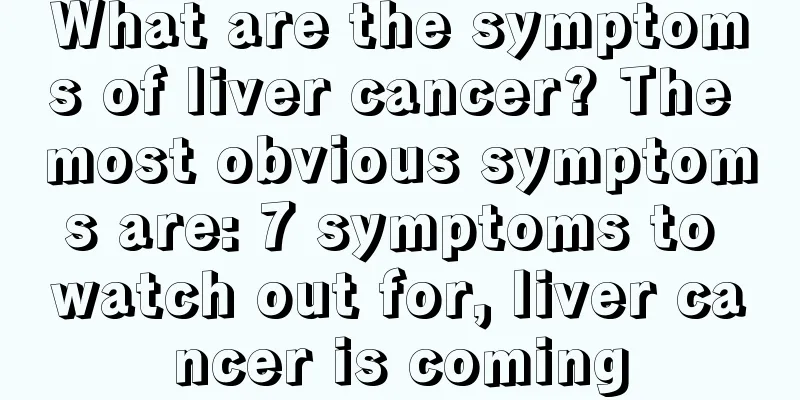What does pd1 mean

|
PD-1 is an important protein in the immune system. Its full name is "Programmed Death Receptor 1". Simply put, PD-1 plays the role of a "brake" in our immune cells. It helps the immune system regulate its own activity and prevent overreaction, thereby protecting the body from autoimmune diseases. Imagine that without this "brake", our immune system may be like a car out of control, which may attack its own healthy cells at any time. PD-1 plays a key role in cancer treatment. Some cancer cells are very cunning and use PD-1 to evade the immune system. They bind to PD-1 and send a signal to immune cells that "I am one of us", thereby avoiding being attacked. After scientists discovered this mechanism, they developed a class of drugs called "PD-1 inhibitors". These drugs block the binding of PD-1 to its ligands, remove the "disguise" of cancer cells, and allow the immune system to re-recognize and attack cancer cells. In clinical applications, PD-1 inhibitors have shown significant effects in the treatment of various cancers, especially in melanoma, non-small cell lung cancer and other types. They have brought new hope to many patients, especially those for whom traditional treatments have failed. However, PD-1 inhibitors are not effective for all patients and may be accompanied by some immune-related side effects, such as rash and abnormal liver function. The use of these drugs requires professional guidance and close monitoring by a doctor. For ordinary people, understanding the role of PD-1 can not only help us understand some of the principles of modern cancer treatment, but also increase our understanding of the complexity of the immune system. Each mechanism in our body has its unique role and importance, and it is the coordinated operation of these mechanisms that allows us to live a healthy life. PD-1 is an integral part of the immune system, playing a dual role in regulating immune responses and cancer treatment. Understanding its functions and applications can help us better understand some cutting-edge medical technologies and remind us of the importance and potential of scientific exploration when facing diseases. |
<<: Five symptoms of colon cancer
>>: How long can you live after colon cancer surgery
Recommend
Can 6-month-old babies eat salt?
Salt is the most common condiment in daily diet a...
How to treat cystic acne
For many girls who love beauty, acne on the face ...
How to prevent hepatitis from turning into liver cancer? Eight tips to prevent hepatitis from turning into liver cancer
"Hepatitis - cirrhosis - liver cancer" ...
What are some tips for white-collar workers to stay healthy?
As people's requirements for health continue ...
How to clean a down jacket stained with oil
For down jackets which are difficult to clean, we...
Ways to improve your skin
Skin is the outermost protective layer of a human...
What are the symptoms of prostate cancer lymph nodes? What is the cause of prostate cancer lymph nodes?
Nowadays, people are very afraid of cancer becaus...
Can dandelion flowers be soaked in water to drink?
Dandelion flowers can be used as Chinese medicina...
There is a pimple under my armpit
The armpit is the main place where lymph is distr...
Can I cry while wearing contact lenses?
Nowadays, many people have the habit of wearing c...
Can aloe vera make eyelashes longer?
Aloe vera generally cannot make eyelashes longer ...
Aerobic respiration and anaerobic respiration
I believe that when you studied biology and clima...
How does liver cancer develop
How does liver cancer develop? The development pr...
Sequelae of hormone-dependent dermatitis
As the environment in which people live is becomi...
How to lose body fat fastest?
Nowadays, there are more and more ways to lose fa...









